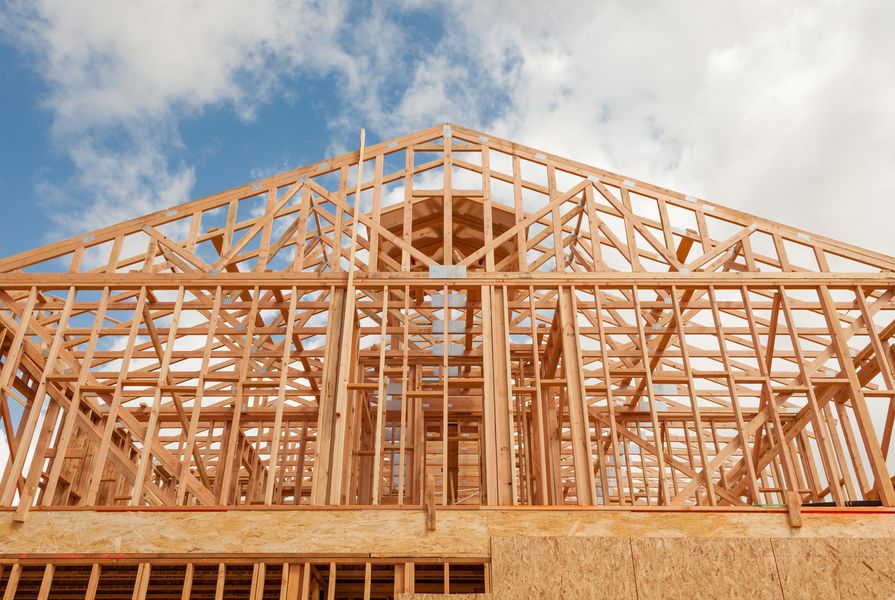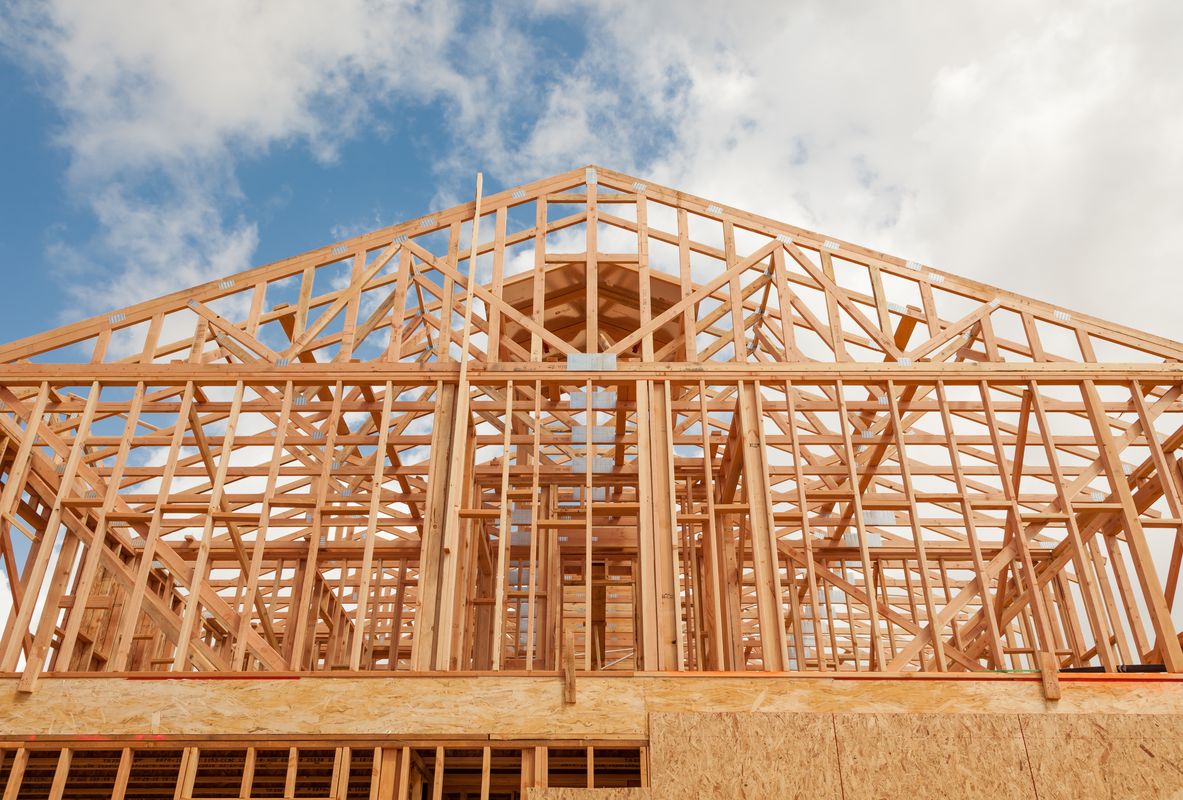The NSW government has allocated $5.6 million towards artificial intelligence (AI) to accelerate the process of assessing development applications and increase housing supply.
The Department of Planning, Housing and Infrastructure (DPHI) has invited AI industry experts to submit existing, mature, proven and successfully implemented AI technology solutions to the department, with the objective being to assist councils with assessing and streamlining the pre-lodgement phase.
Submissions will be reviewed with assessors focusing on how each proposal addresses one or more priority focus areas, demonstrates low-impact implementation, and aligns with the NSW AI Assurance Framework and AI Ethics Policy. Following the evaluation stage, the department will shortlist a selection of products and offer guidance to councils on appropriate AI tools for their individual council.
A statement released by the Minister for Planning and Public Spaces, Paul Scully, stated that proposal reviews would be guided by six principles: trust, transparency, customer benefit, fairness, privacy, and accountability.
“Councils are responsible for determining approximately 85 percent of all new dwellings in NSW,” Scully said. “Introducing more AI features into our planning system is about working smarter so that councils can assess DAs faster, which helps to build more homes where they are needed most. Using AI tools will help us cut down DA assessment times, saving proponents, councils, developers and taxpayers valuable time and money.
“AI won’t replace our highly skilled planners at the core of the planning system, but it will free them up from repetitive daily tasks so that they can focus on more complex DAs.
“The department is also trialling AI tools such as chatbots and automated document processing to support triage queries and enhance response times for the Planning Portal.”
The DPHI confirmed it had already consulted with and conducted workshops with councils to determine the key challenges related to the process. More than 30 metropolitan and regional councils participated in those workshops.
Wagga Wagga City Council was one of the councils who participated. The council manager for development assessment and building certification, Paul O’Brien, said AI could assist their council with arranging pre-lodgement applications into the correct format, eliminating the need for council to undertake time-consuming tasks such as “going back and forth” with the applicant to clarify details regarding the project.
“For most of the regular clients they understand what needs to happen, however, for occasional developers who might do it once or twice in their lifetime it’s very confusing and having an AI presence can help step them through it,” O’Brien said.
Port Stephens Council manager for development and compliance, Evert Grobbelaar, said they can also see the potential benefits of using AI in the pre-DA lodgement process, such as improving “application quality, reduced DA processing timeframes, and education opportunities for the community and landowners on the lodgement process.”
AI proposals can be submitted until 11 March 2024. To find out more, visit the NSW Planning website.
















